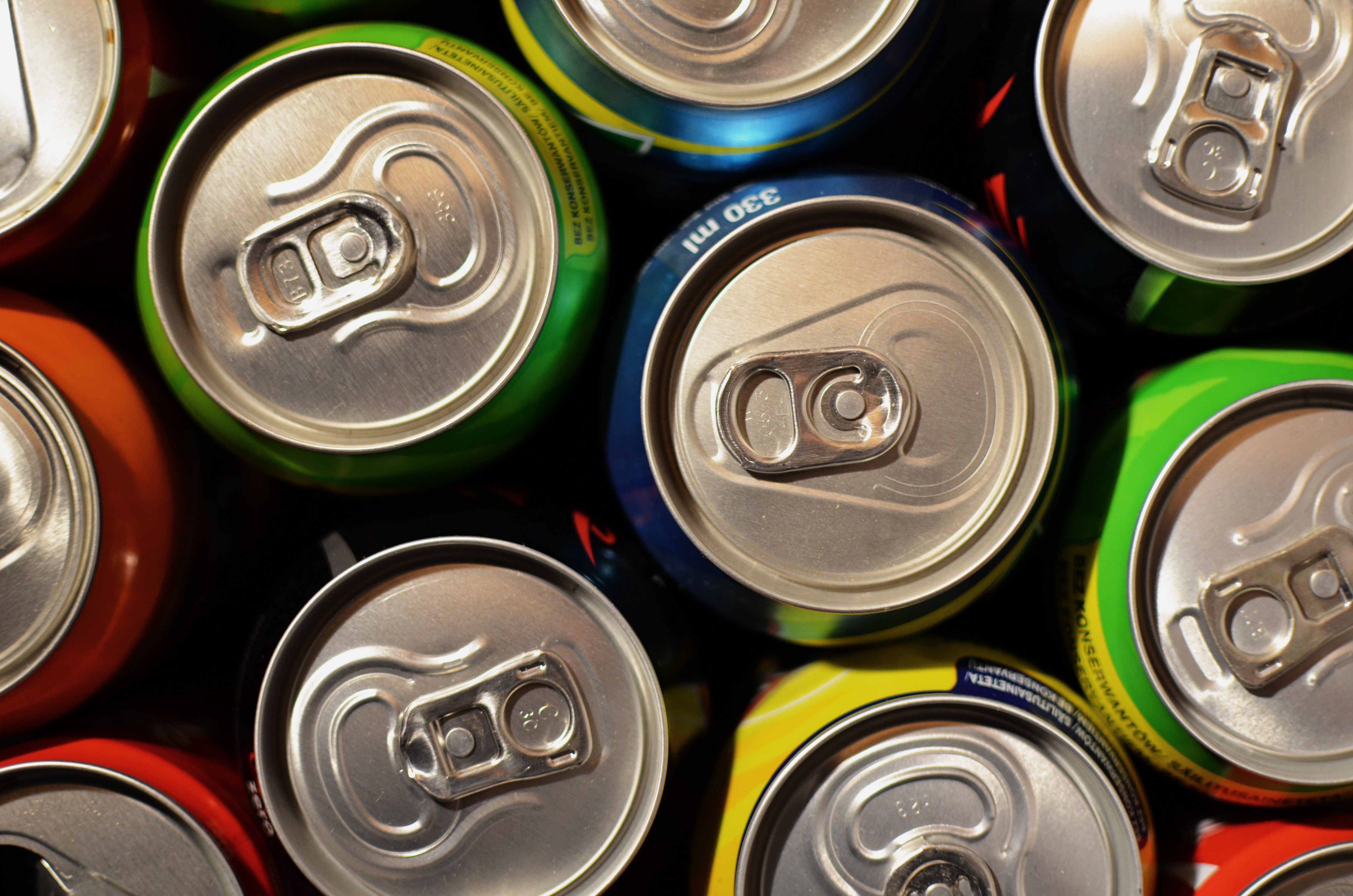Transparency is extremely important to us, so we are letting you know that we may receive a commission on some of links you click on from this page. See our disclaimer.
How about some good news (and a reminder!) as we continue to recognize American Diabetes Month?
We've reported previously on the role workplace wellness programs can play in helping employees avoid sugar sweetened beverages. The bottom line: It may be harder than it seems.
We noted the report titled “Support for Food and Beverage Worksite Wellness Strategies and Sugar-Sweetened Beverage Intake Among Employed U.S. Adults,” which states: “Sugar-sweetened beverage (SSB) consumption is high among U.S. adults and is associated with obesity. Given that more than 100 million Americans consume food or beverages at work daily, the worksite may be a venue for interventions to reduce SSB consumption. However, the level of support for these interventions is unknown. We examined associations between workday SSB intake and employees’ support for worksite wellness strategies (WWSs).”
The conclusion: “Almost half of employees supported increasing healthy options within worksites, although daily workday SSB consumers were less supportive of certain strategies. Lack of support could be a potential barrier to the successful implementation of certain worksite interventions.”
In other words, well-run workplace wellness programs may have to provide additional incentives or encouragement for people who driving sugar sweetened beverages daily to switch.
Now the good news: MedPage Today reports that “U.S. Adults, Kids Put Down The Sugary Drinks: Sugar-sweetened beverage consumption down, water intake up.”
“Healthier beverage choices are becoming more popular among the U.S. population, a new study found.”
“Between 2003 to 2014, per capita consumption of sugar-sweetened beverages significantly dropped among adults (190.4 calories versus 137.6, P<0.001) and children (224.6 calories versus 132.5, P<0.001), according to Sara N. Bleich, PhD, of Harvard T.H., Chan School of Public Health at Harvard College in Boston, and colleagues.”
The study is titled “Trends in Beverage Consumption Among Children and Adults, 2003-2014” and was published in Obesity.
MedPage continues: “The proportion of daily consumption of sugar-sweetened beverages (SSBs) also significantly changed during this time. The percentage of adults who reported daily sugar-sweetened beverage intake dropped from 61.5% to 50.0%, and similarly dropped from 79.7% to 60.7% among children.”
Said Dr. Bleich: “SSBs are a leading source of added sugar to the diet for adults and children in the U.S. and their consumption is strongly linked to obesity. Understanding which groups are most likely to consume SSBs is critical for the development of effective approaches to reduce SSB consumption.”





0 Comments